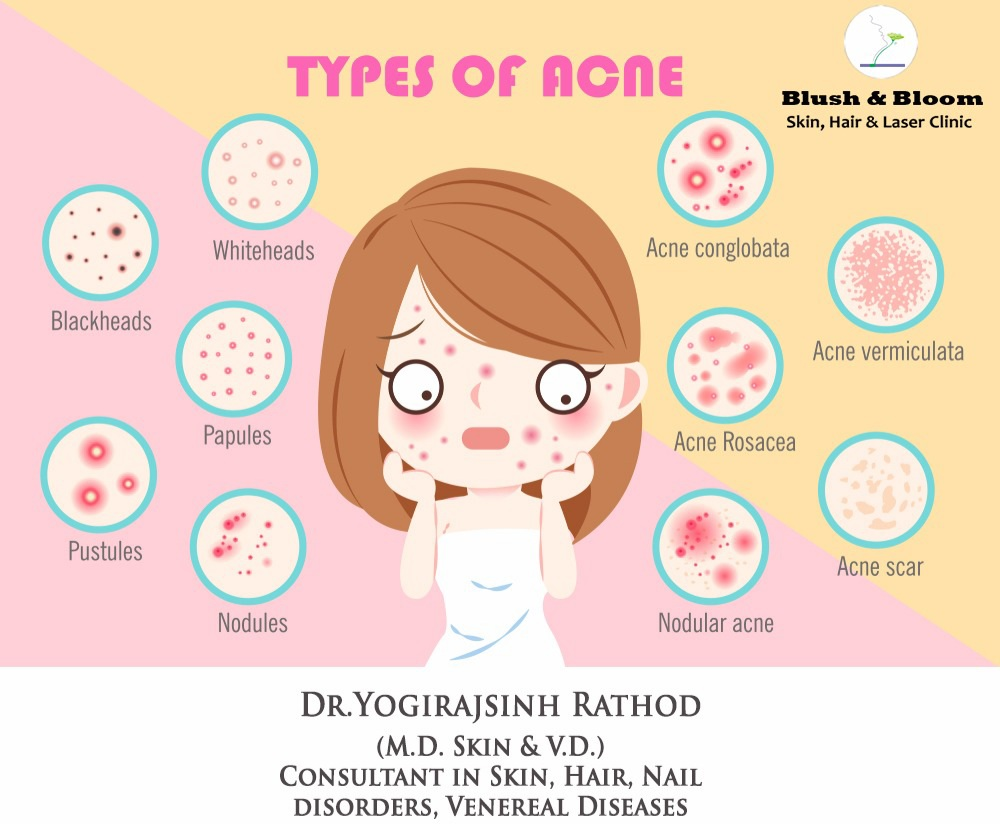
2023-03-16T12:55:41
There are several myths about acne that are commonly believed but are actually not true. Here are some examples: Myth: Acne is caused by poor hygiene. Fact: While it's important to keep your skin clean, acne is not caused by poor hygiene. Acne is primarily caused by hormonal changes in the body, which can increase oil production and clog pores. Genetics, stress, and certain medications can also contribute to acne. Myth: Eating greasy or oily foods causes acne. Fact: While eating a healthy diet is important for overall health, there is no strong evidence to support the idea that eating greasy or oily foods causes acne. However, some studies suggest that eating a diet high in sugar and refined carbohydrates may be linked to acne. Myth: Sun exposure helps clear up acne. Fact: While sun exposure can temporarily improve the appearance of acne, it can also damage the skin and lead to premature aging and skin cancer. In addition, some acne medications can make the skin more sensitive to the sun, making it important to use sunscreen and avoid prolonged sun exposure. Myth: Acne is only a problem for teenagers. Fact: While acne is most commonly associated with adolescence, it can affect people of all ages. Adult acne is becoming increasingly common, especially among women. Myth: Popping pimples is a good way to get rid of acne. Fact: Popping pimples can actually make acne worse by spreading bacteria and causing inflammation. It can also lead to scarring and hyperpigmentation. It's best to leave pimples alone and let them heal naturally, or to seek treatment from a dermatologist

